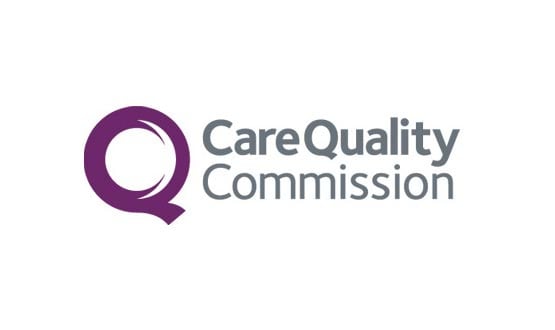The Care Quality Commission will push ahead with plans to scale down inspections and instead rely more heavily on data and user feedback.
The commission released its five-year strategy on Tuesday, with a stated shift to a “more targeted, responsive and collaborative approach to regulation”.
This will include moving away from regular full inspections, and leaning more on data, user feedback, and self-reporting to spot problems in NHS organisations.
The “intelligence-driven approach to regulation” will mean more information gathered from the public, health providers and other regulatory bodies.
In a statement, the commission said the changes were taking place in an environment of “increasing care need combined with financial pressures”.
As part of wider cuts in public health spending, CQC is required to reduce its budget by £32 million over the next four years.
“By using new technology and data to make better use of what people tell us, so that we can use the most up-to-date information to help spot when people might be at risk of poor care.
"We will improve the processes that underpin our inspections so we can report what we find more quickly.”
CQC chief executive David Behan had previously warned his board that the cuts could have “implications” for its inspection programme. But in announcing the changes on Tuesday, Behan said the CQC’s role would “remain the same”.
“Inspection will always be crucial to our understanding of quality but we’ll increasingly be getting more and better information from the public and providers.”
The CQC's role was ramped up following the Francis inquiry into the scandal at Mid Staffordshire NHS Foundation Trust, which led to the introduction of ‘Ofsted-style’ ratings for NHS providers.
A number of high-profile NHS organisations have been rated ‘inadequate’ under the new regime; with problems with record keeping and new IT systems being increasingly cited as reasons for concern.
Concerns about the implementation of the Epic electronic patient record at Cambridge University Hopsitals NHS Foundation Trust were one of the reasons that the CQC asked Monitor to put it into special measures last October.
The new strategy will mean less thorough, and sometimes fewer, inspections for many NHS organisations, although with a bigger focus on unannounced inspections and poor performance.
Initial inspections will be used to benchmark organisations, and follow-ups would focus on areas that need improvement or were at risk of deteriorating.
Quality will be monitored through “new insight model”. Organisations will also be given more responsibility to self-regulate and share that data with the commission.
The commission received 768 formal responses while consulting on the strategy.

